CALVINIST CONTRADICTION:
DOUBLE JEOPARDY
By Jesse Morrell
http://www.OpenAirOutreach.com
Calvinists charge Arminianism with a “double jeopardy”:
Custance said: “No man can be held accountable for a debt that has already been paid for on his behalf to the satisfaction of the offended party. But a double jeopardy, a duplication of indebtedness, is indeed involved if the non-elect are to be punished for sins which the Lord Jesus Christ has already endured punishment.”
This charge of double jeopardy is true, if given the penal substitution view of the atonement. Consistent Arminianism holds to the governmental view and thus there is no double jeopardy, as John Miley said, “The soteriology of Wesleyan Arminianism, taken as a whole, excludes the Satisfaction theory, and requires the Governmental as the only theory consistent with its doctrines.”
In the Calvinistic Penal theory, the atonement is automatically saving:
Charles Spurgeon said, “We say Christ so died that He infallibly secured the salvation of a multitude that no man can number, who through Christ’s death not only may be saved, but are saved, must be saved, and cannot by any possibility run the hazard of being anything but saved.”
The Calvinistic atonement must be automatically saving by its very nature because “Jesus satisfied the wrath of God.”
Flavel said, “for all the wrath of God was poured out upon him; even to the last drop. So that there is not one drop reserved, for the elect to feel.”
And yet Calvinists teach that even the elect were under the wrath of God prior to their faith in Christ:
Charles Hodge said, “Those for whom it was specially rendered are not justified from eternity; they are not born in a justified state; they are by nature, or birth, the children of wrath even as others. To be the children of wrath is to be justly exposed to divine wrath. They remain in this state of exposure until they believe, and should they die (unless in infancy) before they believe they would inevitably perish notwithstanding the satisfaction made for their sins.”
What is this but a DOUBLE JEOPARDY! The elect are under the wrath of God, prior to their faith in Christ, for the same sins that Jesus was under the wrath of God for? The elect stand condemned for the same sins Jesus was condemned for, until they are justified by faith? Calvinists are, in a sense, assuming the Arminian view of a conditional salvation and an atonement that does not automatically save, for how can the elect be under the wrath of God if the wrath of God for them was satisfied before they were saved?
Calvinists betray their own atonement view on this point, forgetting that it must be unconditionally and automatically saving. Calvinists criticize Arminians for teaching that those for whom Christ died can still perish if they fail to meet the conditions of repentance and faith, and say “Why? Did not Christ die for the sins of unbelief and impenitence?” Well, the same charge can be made against those Calvinists who believe the elect are under the wrath of God prior to their repentance and faith! If consistent, the Calvinist doctrine of Satisfaction or Penal Substitution would destroy their doctrine of sola fide or justification by faith alone.
There is just as much double jeopardy and inconsistency in the Calvinist as there is in the Arminian who holds to the Penal Substitution theory.
Calvinists are forced to either:
1. Admit double jeopardy.
2. Deny justification by faith.
3. Forsake Penal Substitution.
(Jonathon Edwards Jr. took the third option and so should every Calvinist.)
COMING SOON:



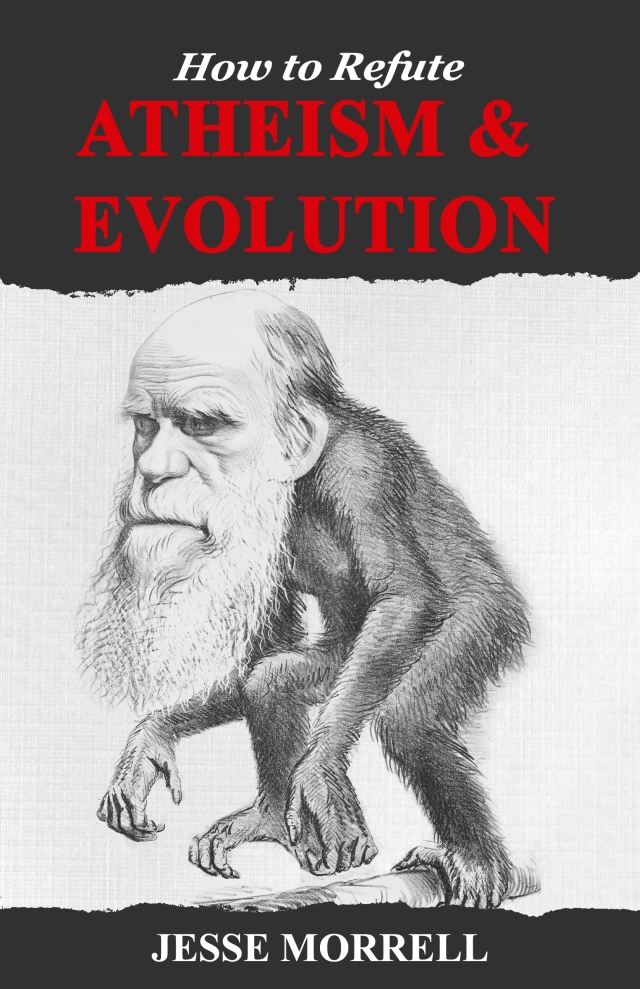

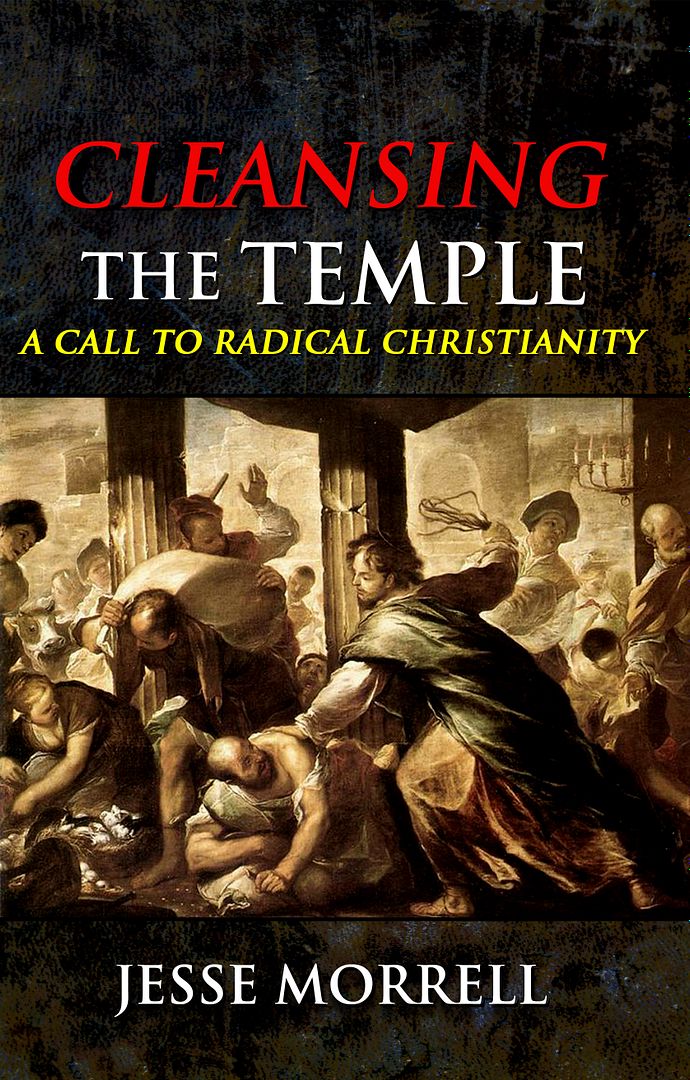
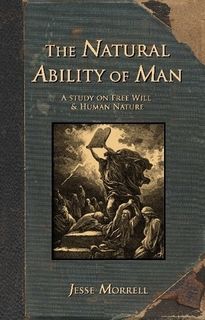
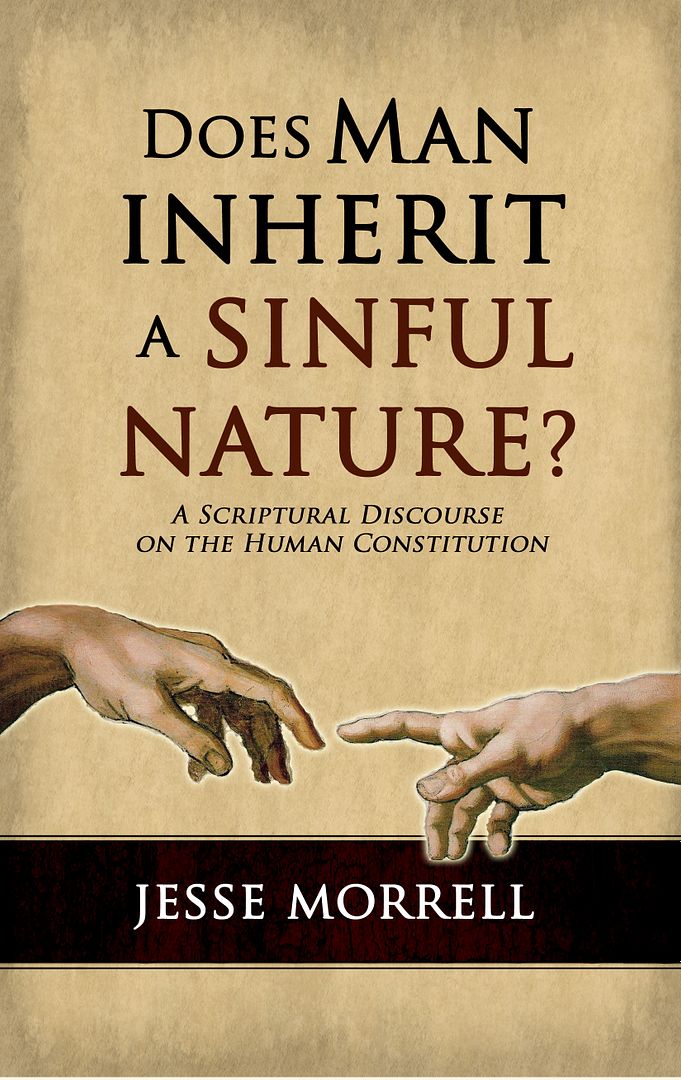

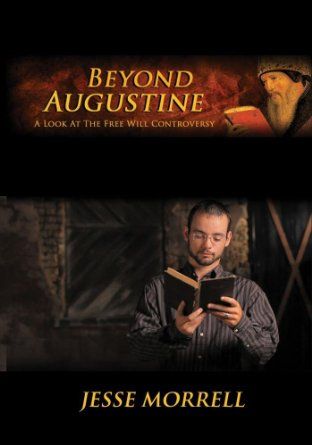






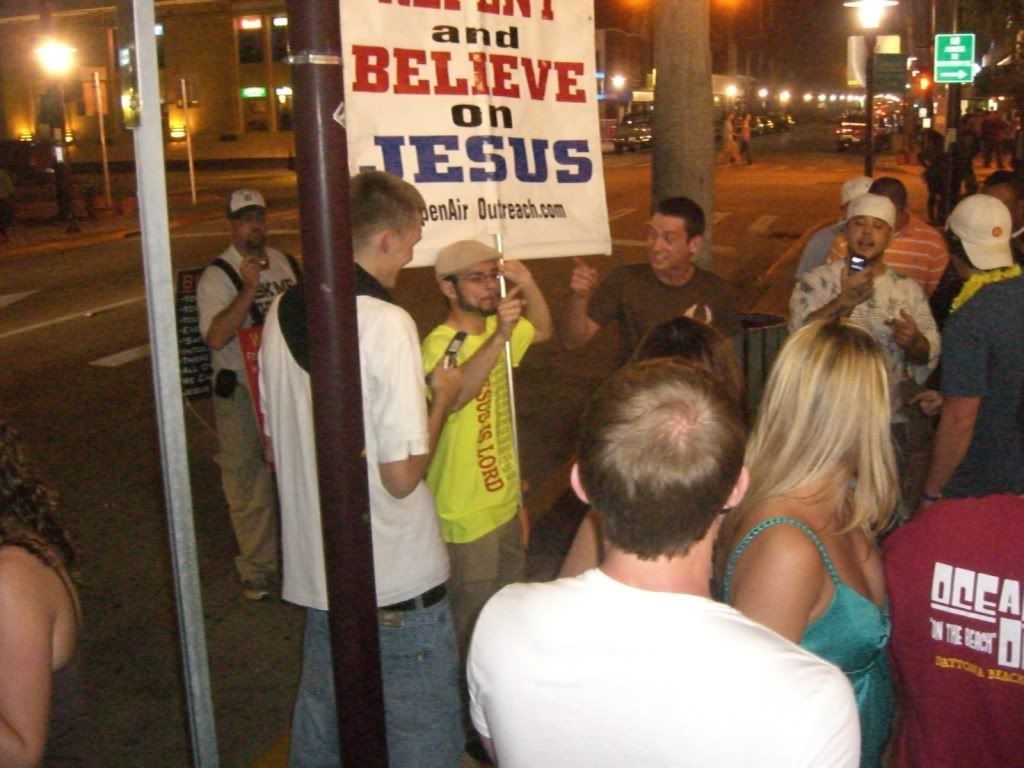


That is a theological atom bomb into the Calvinist camp….
REFUTATION TO LIMITED ATONEMENT:
Jesus Died For Those Who Perish!
“But if thy brother be grieved with thy meat, now walkest thou not charitably. Destroy not him with thy meat, for whom Christ died.” Romans 14:15
“And through thy knowledge shall the weak brother perish, for whom Christ died?” 1 Cor. 8:11
“Of how much sorer punishment, suppose ye, shall he be thought worthy, who hath trodden under foot the Son of God, and hath counted the blood of the covenant, wherewith he was sanctified, an unholy thing, and hath done despite unto the Spirit of grace?” Heb. 10:29
“But there were false prophets also among the people, even as there shall be false teachers among you, who privily shall bring in damnable heresies, even denying the Lord that bought them, and bring upon themselves swift destruction.” 2 Peter 2:1
If the atonement was limited, how did Paul know that he died for these people? And if Jesus only died “for those who would believe,” why did Paul say that Jesus died for those who perish?
Open Air,
Thank you for the verses……However, Romans 14:15 & 1 Cor 8:11 give away their context with the words “brother” and “brethren” – within the body of Christ. Therefore “perish” & “destroy” are types NOT referring to eternal destruction, as if we can offend a brother or sister and negate their salvarion. So, they (these 2 verses), do not speak to the issue at hand, which has the Elect & the eternally lost man in view. (Surprised you can’t see that)
The other verses require some contemplation…..
I take Romans 14:15 & 1 Cor 8:11 as scriptural evidence that believers can lose their salvation through sinning. So if you cause a brother to sin, you are causing them to perish for whom Christ died.
Jesse do you have an original source for that Hodge quote otherwise your case is very weak
Yes, Systematic Theology, Vol. 2, by Charles Hodge, p. 557, published in 1872. It is here:
https://books.google.com/books?id=cPwCAAAAQAAJ&pg=PA557&lpg=PA557&dq=charles+hodge+Those+for+whom+it+was+specially+rendered+are+not+justified+from+eternity;+they+are+not+born+in+a+justified+state;&source=bl&ots=eab-AXQBKE&sig=71uI8ivt-ZcCc8EwU26f4_LTJo8&hl=en&sa=X&ved=0ahUKEwiF9b_phKHLAhWLOSYKHfiUBPIQ6AEIITAB#v=onepage&q=charles%20hodge%20Those%20for%20whom%20it%20was%20specially%20rendered%20are%20not%20justified%20from%20eternity%3B%20they%20are%20not%20born%20in%20a%20justified%20state%3B&f=false
One Calvinist said that the elect are under the wrath of God until they are converted because they don’t yet have faith… I said:
So you are saying that the atonement did not ACTUALLY save the elect, since they are born under the wrath of God, it only made it POSSIBLE for them to be saved once they have faith?
(This is the Calvinists argument against Arminians, but it can be used against the Calvinist too. Yes it is unsound logic but the Calvinists use it, so it should be pointed out that their own system is guilty of what they accuse others of teaching.)
Great post Jesse Morrell! 🙂